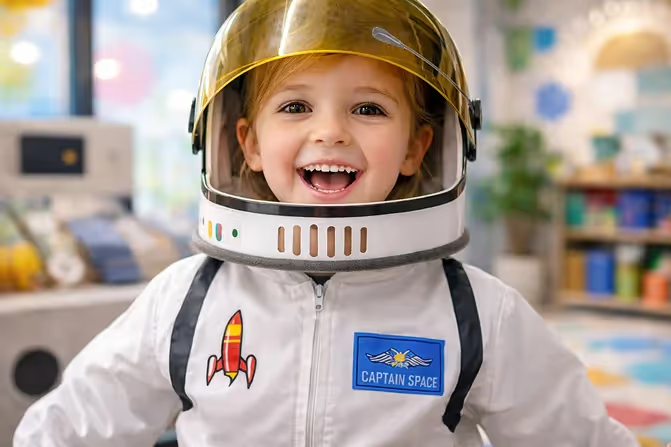How are early childhood education and care (ECEC) spaces perceived by parents and staff? How does this connect to their vision of education and care? Knowing the answers to these questions can help researchers find effective strategies for professional development paths for ECEC staff and improve the organization of spaces in ECEC environments within an integrated 'educare' approach.
With these questions as a guide, the EDUCAS Project carried out focus groups with professionals and parents in Belgium, Italy and Lithuania. These focus groups were made up of either the staff of ECEC centers or parents of children attending these centers. The aim was to gain insight into the ideas of parents and staff about the kind of environments that support education and care. Researchers aim to use the outcomes of these focus groups to analyze the needs of those being reached through the project.
Trends across focus groups
Many common aspects come out from the focus groups. One of the main points is that there is a need to share information and meanings between families and ECEC staff about how the spaces are organized and why it is so.
Professionals in the EDUCAS focus groups indicated that collaboration with parents is crucial and that they are welcome in centers. Still, there is not always physical space for families in centers or classrooms, and parents are not always informed about the many aspects of daily routines, while they express their interest in getting to know them.
Many concepts raised in the focus groups directly link with the ‘educare’ approach, in the sense that in order to learn with pleasure, ‘caring’ spaces are needed, places where we feel at home, familiar, accepted, places in which our holistic wellbeing is taken into account.
Outcomes
The consortium aims to create strategies to address the points raised by the focus groups.
Researchers and ECEC staff from Belgium, Italy and Lithuania aim to use the analysis of these focus groups to elaborate on and experiment with innovative pedagogical approaches, methods and tools to support professionals in improving ECEC environments within an educare approach, by involving children and families, with special attention to the ones at risk of exclusion.
Check back soon for more insights into the focus groups carried out in each country and for a Literature Review currently being produced by the consortium.
More about EDUCAS and upcoming project materials here.
Photo Credit: © Caroline Boudry




